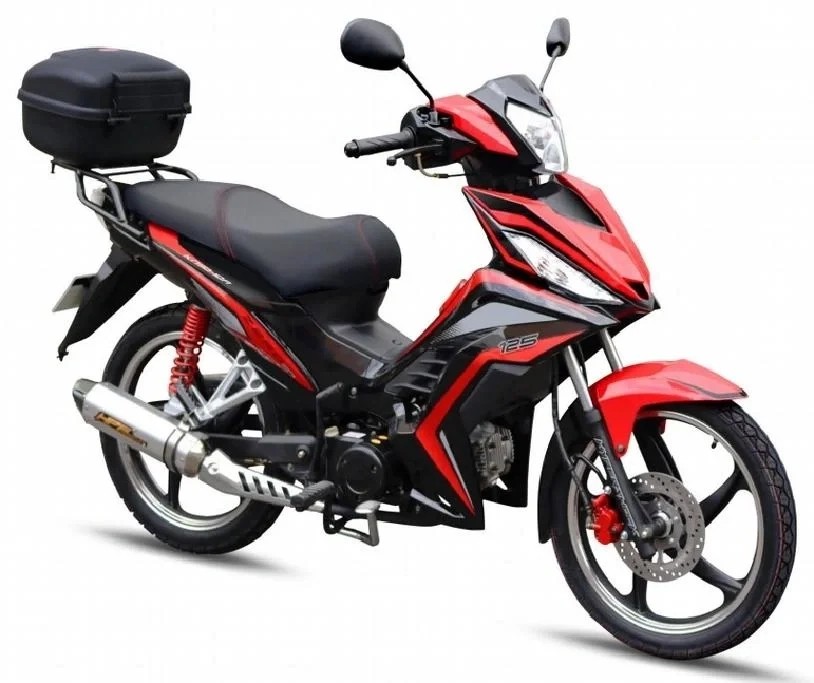Traveling long distances can often seem daunting, especially when considering the costs associated with transportation, accommodation, and meals. However, with careful planning and a strategic approach, it is possible to traverse vast distances without breaking the bank. In this article, we will delve into the cheapest ways to travel long-distance, examining various modes of transportation, tips for saving money, and alternative travel strategies that can enhance your experience while minimizing expenses.
- Choosing the Right Mode of Transportation
When it comes to long-distance travel, the choice of transportation plays a crucial role in determining your overall costs. Here are some of the most economical options:
a. Buses
Long-distance buses are often the most affordable means of travel. Companies like Greyhound in the United States or FlixBus in Europe offer extensive networks at competitive prices. Booking in advance can yield significant discounts, and many companies provide amenities such as Wi-Fi and power outlets, making the journey more comfortable.
b. Trains
Train travel can be a cost-effective option, especially in regions with well-developed rail networks. In Europe, for instance, the Eurail Pass allows unlimited travel across multiple countries at a fixed price. In the U.S., Amtrak offers various discounts for students, seniors, and military personnel. Additionally, trains often provide scenic views that enhance the travel experience.
c. Ridesharing and Carpooling
Platforms like BlaBlaCar and Lyft Line facilitate ridesharing, allowing travelers to share costs with others heading in the same direction. This not only reduces expenses but also fosters social interaction. Carpooling can be particularly economical for those traveling to events or popular destinations.
d. Budget Airlines
While flying can be expensive, budget airlines such as Ryanair and Southwest Airlines offer competitive fares for long-distance travel. To find the best deals, consider booking flights during off-peak seasons, using fare comparison websites, and being flexible with your travel dates. Additionally, signing up for airline newsletters can provide access to exclusive promotions.
- Accommodation Strategies
Once you've determined your mode of transportation, the next step is to consider where you'll stay. Here are some budget-friendly accommodation options:
a. Hostels
Hostels are a popular choice for budget travelers, offering dormitory-style rooms at a fraction of the cost of hotels. Many hostels also provide communal kitchens, allowing you to save money on meals by cooking your own food.
b. Couchsurfing
Couchsurfing is a unique platform that connects travelers with locals willing to offer free accommodation. This not only saves money but also provides an opportunity to immerse yourself in the local culture and make new friends.
c. Short-Term Rentals
Websites like Airbnb and Vrbo offer affordable short-term rental options, often at lower prices than hotels. Look for listings that offer discounts for longer stays, and consider booking a room in a shared apartment to save even more.
- Smart Travel Planning
Effective travel planning can significantly reduce costs. Here are some strategies to consider:
a. Travel Off-Peak
Traveling during off-peak seasons can lead to substantial savings on transportation and accommodation. Research the best times to visit your desired destination, and aim to travel when prices are lower.
b. Use Travel Apps
Leverage technology to find the best deals. Apps like Hopper can help you track flight prices and notify you when fares drop. Additionally, Google Maps can assist in planning your route and identifying the most cost-effective transportation options.
c. Pack Light
Avoid extra baggage fees by packing light. Many budget airlines charge for checked luggage, so aim to travel with just a carry-on. This not only saves money but also makes navigating airports and train stations easier.
- Meal Planning
Food expenses can quickly add up during long-distance travel. Here are some tips to keep your dining costs in check:
a. Prepare Your Own Meals
If you're staying in accommodations with kitchen facilities, take advantage of them by preparing your own meals. Shopping at local grocery stores can be much cheaper than dining out.
b. Eat Like a Local
When you do eat out, opt for local eateries rather than tourist traps. Street food and local markets often offer delicious meals at a fraction of the price of sit-down restaurants.
Conclusion
Traveling long distances on a budget is entirely achievable with the right strategies in place. By selecting economical transportation options, utilizing budget-friendly accommodations, planning your travel wisely, and managing your food expenses, you can embark on memorable journeys without overspending. Remember, the essence of travel lies not in the money spent, but in the experiences gained. So pack your bags, plan your route, and set off on your next adventure—affordably!




+ There are no comments
Add yours